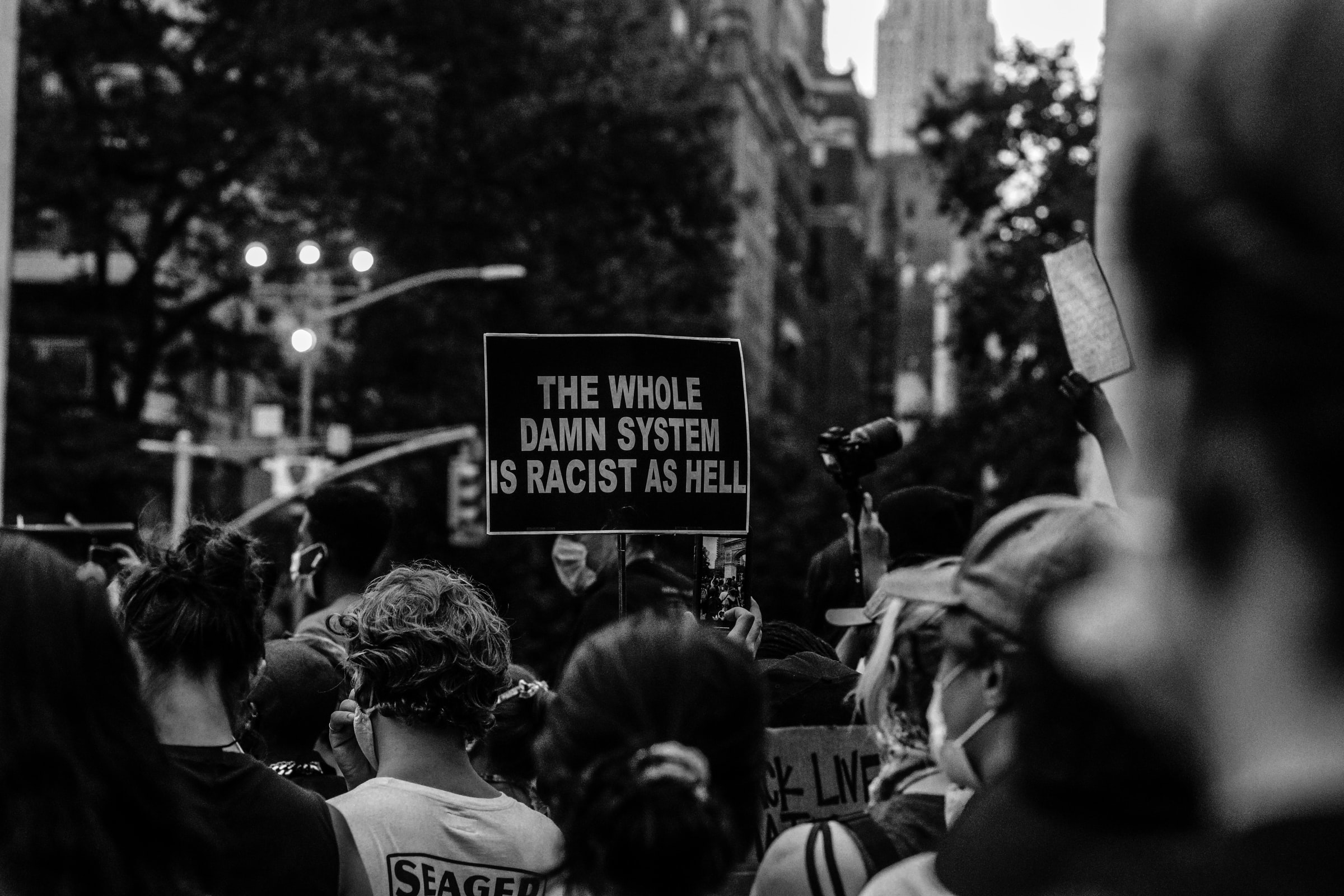Are “Racist” and “Sexist” Still Insults?

By Shaun Tan
Founder, Editor-in-Chief, and Staff Writer
30/11/2020

Black Lives Matter protest, 2020
I realized something a while ago: I no longer consider it bad to be called a “racist” or a “sexist” or, rather, whether I consider it bad or not depends entirely on who’s saying it.
It didn’t use to be this way. For a long time, I considered those terms to be some of the worst insults out there. After all, racists and sexists were those who were ignorant or bigoted enough to treat people differently because of their skin color or gender. Racists included the Ku Klux Klan, the segregationists in America who tried to prevent black children from going to the same schools as white children, the Malay supremacists in Malaysia who consider people of other ethnicities as second-class citizens. Sexists included those who devalued women, who expected them to be meek and obedient, who paid them less than men for the same work.
For a long time, I considered “racist” and “sexist” to be some of the worst insults out there.
This began to change when I started to be called racist or sexist for expressing views I thought completely reasonable, and when I started seeing decent people, some of whom I greatly respected, being called racist or sexist for expressing views that were completely reasonable, but which didn’t fit with leftist orthodoxy. Political scientist Charles Murray was branded a racist because his research showed that IQ is largely heritable, and that some racial groups have lower average IQs than others. At Yale, Nicholas and Erika Christakis, both celebrated professors and college masters, were branded as racists and hounded out of their positions for saying that students should dress as they please for Halloween. At NBC, the journalist Megyn Kelly was branded a racist and cancelled for questioning, on air, what was actually wrong with wearing blackface. At Google, software engineer James Damore was branded a sexist and fired for thoughtfully questioning the wisdom of the company’s attempts to achieve a 50/50 male-female ratio among its employees. I’ve seen leftists label people as racist for asking a colored person where he’s from, for even using the term “colored person,” for saying that America is a meritocracy, for even using the word “meritocracy” unironically, for supporting academic and professional standards, for not supporting open borders or Black Lives Matter or antiracism, a.k.a. reverse racism, or for even using the term “reverse racism.” I’ve seen them label people as sexist for supporting beauty pageants, for using gendered language, for asserting that there are innate gender differences, or for not supporting reverse sexism. (The ironic result in many of these cases is that failing to be racist or sexist often gets you branded racist or sexist.)
What happens when terms like racist and sexist are so abused and diluted, when “racist” can refer to a Nazi…and also to someone who assumes an Asian is good at math, when “sexist” can refer to a member of the Taliban…and also to someone who uses the term “mankind?” When something can mean virtually anything, it ends up meaning nothing, and the consequence of this is that these terms have become largely meaningless. I no longer find them insulting when deployed (as they usually are) by someone on the left, because all they really mean in that context is “Someone I disagree with.” Leftists crying “racism” and “sexism” have become like the boy who cried “Wolf” – many people with sense no longer take them seriously.
What happens when “racist” can refer to a Nazi…and also to someone who assumes an Asian is good at math?
It’s a pity, though, because there is real racism and sexism in many parts of the world today, which should be rightfully condemned – including (albeit to a lesser extent) in the West, where most of the great battles against these scourges were fought, and won, decades ago. Unfortunately, real racists and sexists, especially those in the West, can now easily dismiss even legitimate allegations of racism and sexism as “just more crazy politically-correct nonsense from radical leftists, social justice warriors, and snowflake liberals,” can think of themselves as being in good company, together with great scholars like Charles Murray and the Christakises and brilliant journalists like Megyn Kelly. Recall Donald Trump’s response to, funnily enough, Kelly herself in a 2015 presidential debate, who reminded him of his disparaging comments about women’s looks, including how he’d referred to women he disliked as “fat pigs, dogs, slobs, and disgusting animals” and asked him if this was behavior befitting a president and how he’d answer accusations of being part of a “war on women.” “I think the big problem this country has is being politically correct,” Trump replied, to thunderous applause from the audience. “I don’t frankly have time for total political correctness, and to be honest with you, this country doesn’t have time either.” Trump used the excesses of political correctness around sexism, and people’s exasperation with it, to make it seem like the legitimate criticisms of his real, disgraceful sexism didn’t matter. By tarring people for innocuous things with the same brush that should be reserved exclusively for the most egregious offences, leftists have ensured that being tarred no longer means anything. When virtually everyone is “racist” and “sexist,” it seems, no one is. Who ultimately benefits when the boy cries “Wolf?” The wolves.
